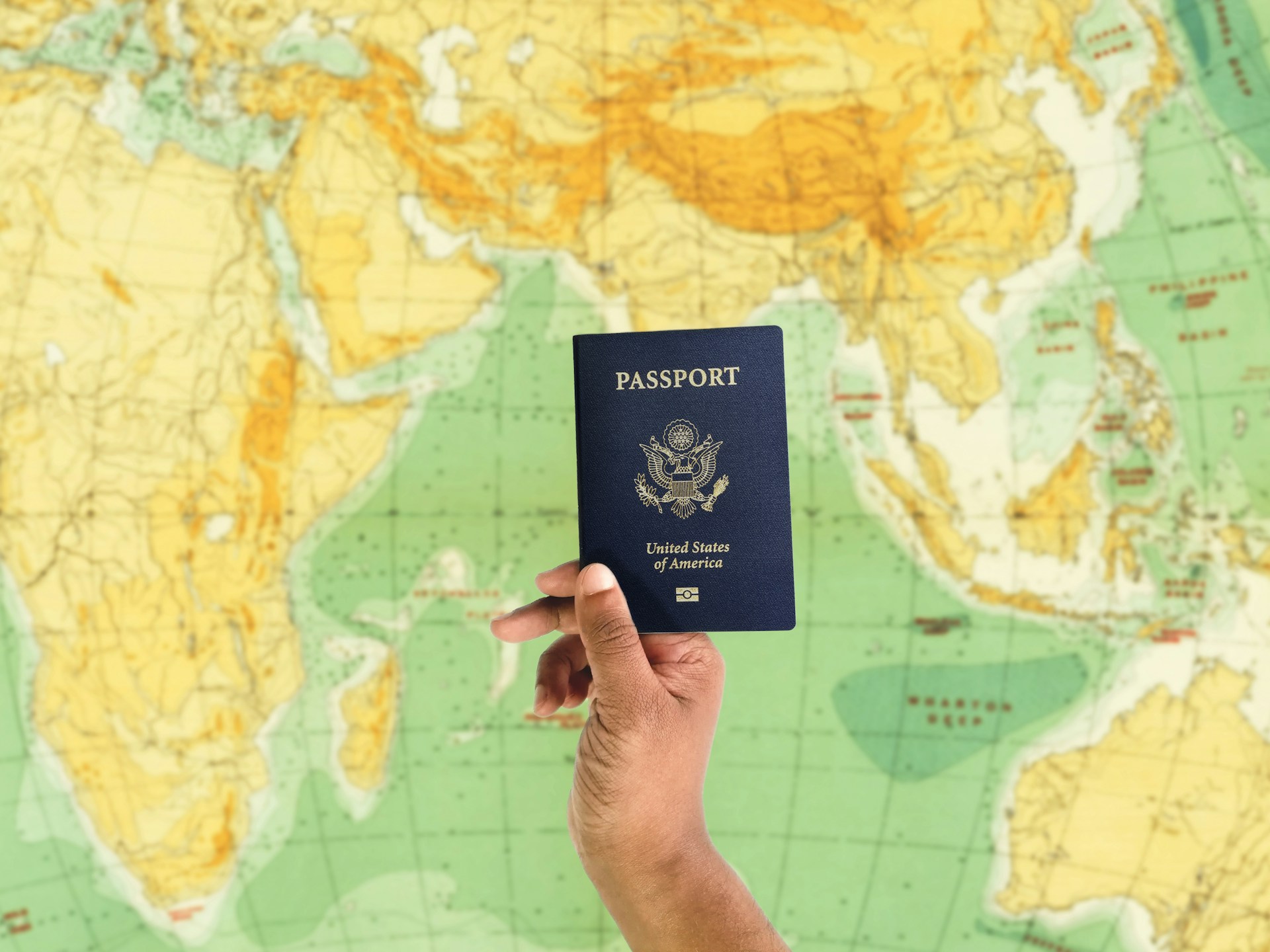For lawful permanent residents (green card holders), U.S. citizenship through naturalization is the next step toward securing full rights, including voting and passing citizenship to your children. At Casais & Prias, we guide clients through every phase of this critical journey with personalized support.
Are You Eligible?
To qualify for naturalization, you generally must meet the following requirements:
- Be at least 18 years old
- Hold a green card for at least 5 years, or 3 years if married to a U.S. citizen
- Demonstrate continuous residence and physical presence in the U.S.
- Exhibit good moral character
- Pass an English language and civics test, and take the Oath of Allegiance
Your Step-by-Step Guide to Naturalization
Check Your Eligibility
Confirm whether you qualify for naturalization based on your time as a permanent resident, marital status, and residency requirements.
Submit Application for Naturalization
Prepare and file your application with supporting documents.
Attend a Biometrics Appointment
If required, you’ll be scheduled for fingerprints, a photo, and a background check.
Complete Your Interview & Tests
You’ll meet with a USCIS officer, who will test your English reading, writing, and speaking skills as well as your knowledge of U.S. history and government.
Receive a Decision
Your application will be approved, denied, or continued if more evidence is needed.
Take the Oath of Allegiance
At the ceremony, you’ll swear loyalty to the U.S., officially becoming a citizen.
Celebrate Becoming a U.S. Citizen
You’ll receive a Certificate of Naturalization, which confirms your new status and opens the door to all the rights of citizenship.
Why Work with Casais & Prias?
- Experience You Can Trust – Decades of combined immigration law experience.
- Personalized Guidance – From paperwork to interview prep, every client receives tailored support.
- Accessible, Inclusive – Located in Miami-Dade and handling immigration cases in all 50 states with compassion and professionalism.
Take the First Step
Becoming a U.S. citizen is a life-changing milestone. Let Casais & Prias walk you through the process with skill and dedication.
Contact us today to schedule a case evaluation and start your citizenship journey.
U.S. Citizenship & Naturalization FAQs
How long does the naturalization process take?
Processing times vary, but it typically takes between 8 to 14 months from the time you file to your oath ceremony.
What happens if I fail the English or civics test?
You’ll be given a second opportunity within 60 to 90 days to retake the portion of the test you did not pass.
Can I travel abroad while my application is pending?
Yes, but extended trips may affect your continuous residence requirement. Always consult an attorney before long travel during the process.
Do I need to bring original documents to my interview?
Yes. USCIS requires original documents such as your green card, passport, and other records.
What is considered “good moral character”?
USCIS reviews your criminal, financial, and personal history. Issues like unpaid taxes or certain convictions can affect your eligibility.
Is dual citizenship allowed?
The U.S. does not require you to give up citizenship in your home country, but whether you can keep it depends on the laws of your original country.
Can I apply for citizenship if I’m married to a U.S. citizen?
Yes. You may apply after 3 years of permanent residency, as long as you’ve been living with your spouse during that time.




